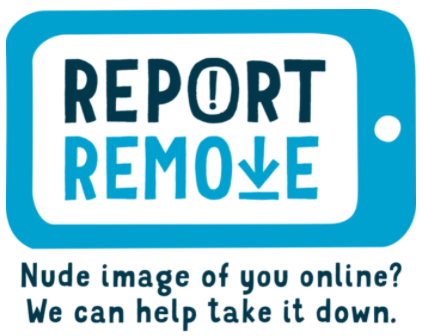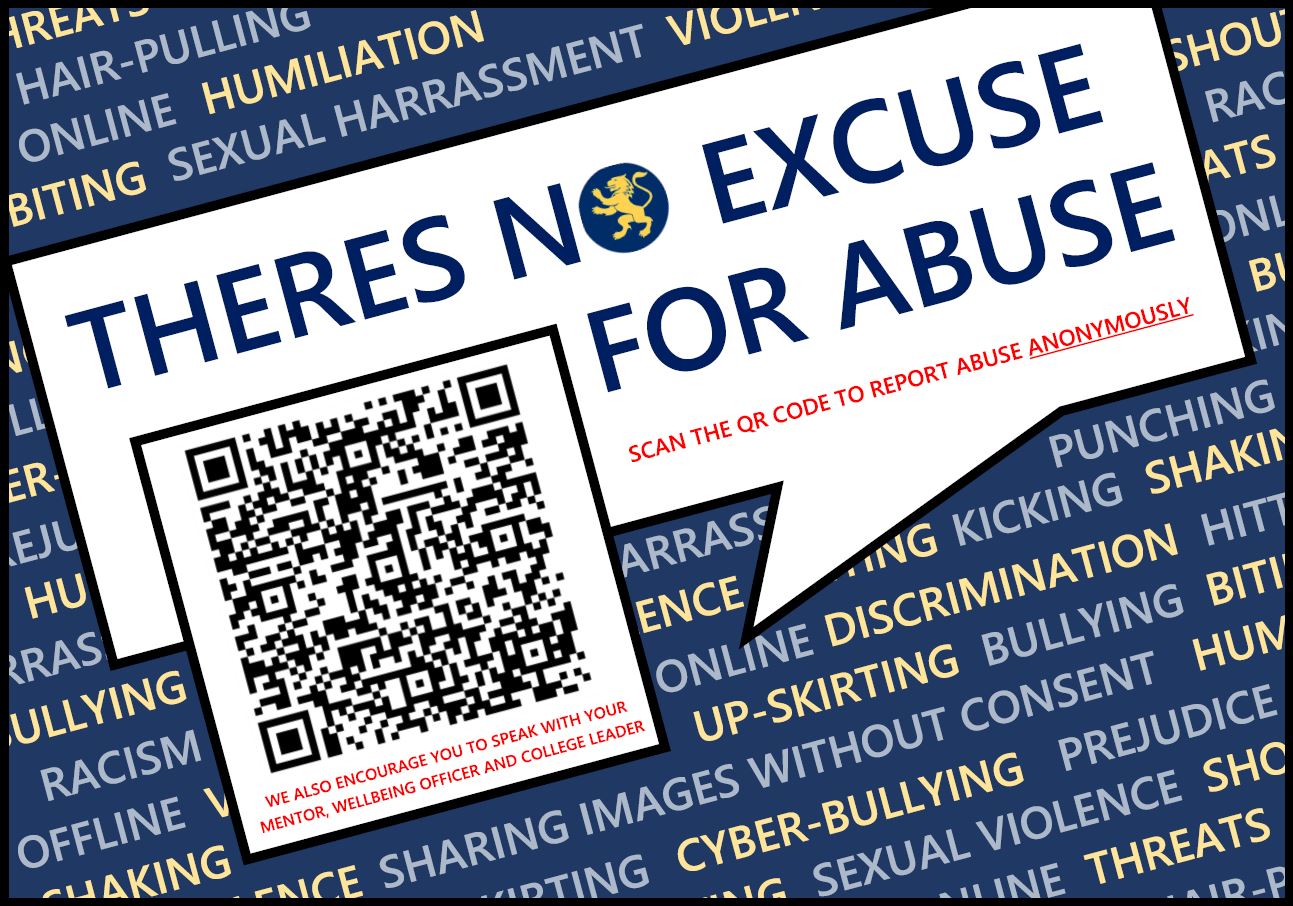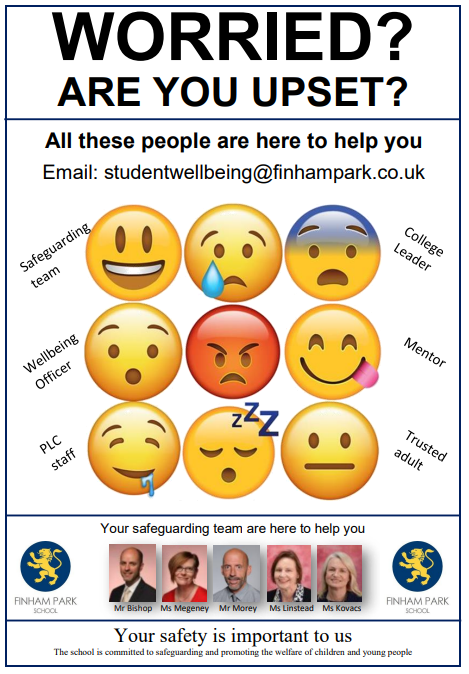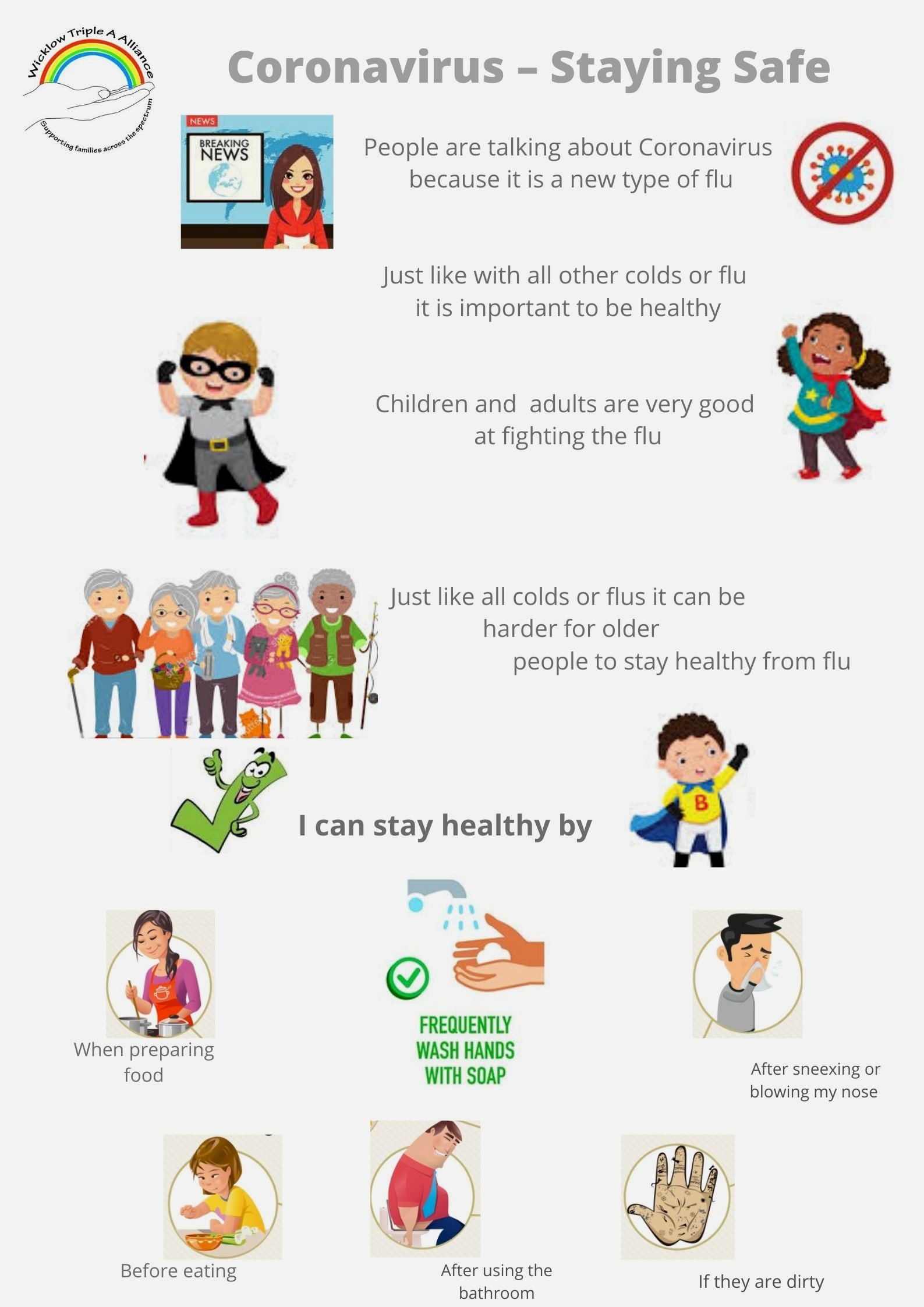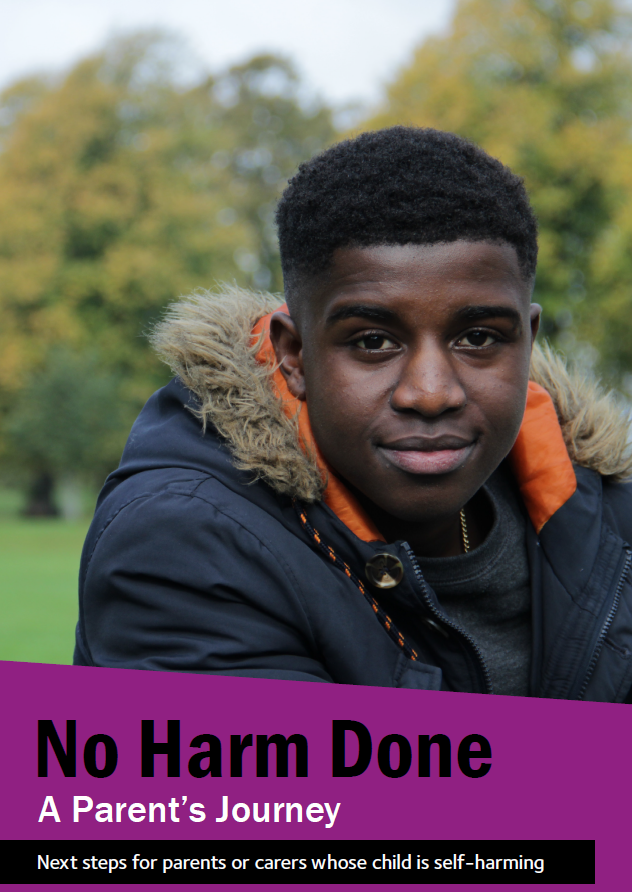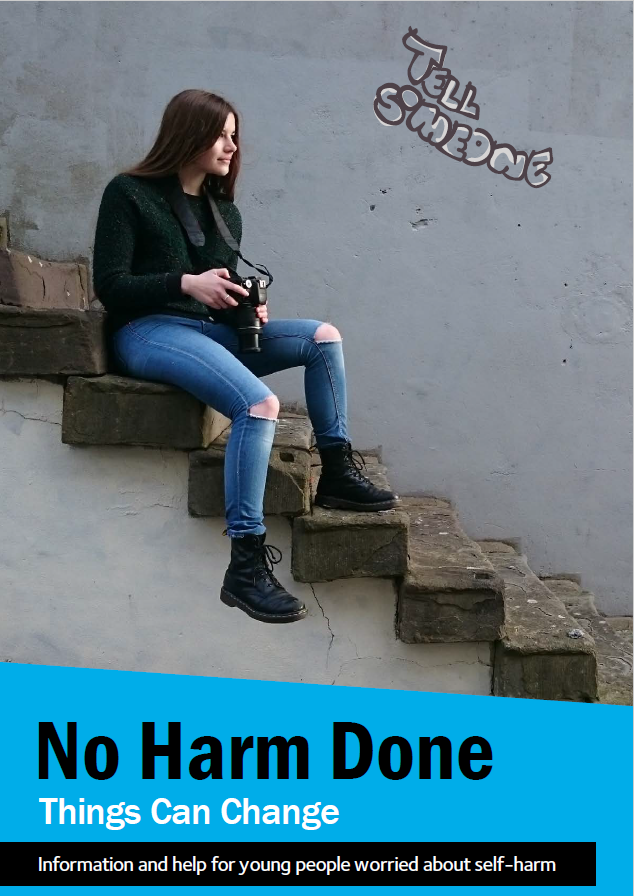Safeguarding
Safeguarding children and child protection
All organisations that work with or come into contact with children should have safeguarding policies and procedures to ensure that every child, regardless of their age, disability, gender reassignment, race, religion or belief, sex, or sexual orientation, has a right to equal protection from harm.
Following good safeguarding policies and procedures means children are safe from adults and other children who might pose a risk. Safeguarding is the action that is taken to promote the welfare of children and protect them from harm. Safeguarding means:
- protecting children from abuse and maltreatment
- preventing harm to children’s health or development
- ensuring children grow up with the provision of safe and effective care
- taking action to enable all children and young people to have the best outcomes.
Child protection is part of the safeguarding process. It focusses on protecting individual children identified as suffering or likely to suffer significant harm. This includes child protection procedures which detail how to respond to concerns about a child.
Sexual Harassment and Violence
In order to address sexual harassment and violence in schools, even if there are not specific reports of it happening, the assumption is always that sexual harassment and online sexual abuse are happening in school and therefore have put in place a whole-school approach to address them. This includes:
- a carefully sequenced PSHRE curriculum, based on the Department for Education’s (DfE's) statutory guidance, that specifically includes sexual harassment and sexual violence, including online. This includes time for open discussion of topics that children and young people tell us they find particularly difficult, such as consent and the sending of ‘nudes’
- high-quality training for teachers delivering PSHRE
- routine record-keeping and analysis of sexual harassment and sexual violence, including online, to identify patterns and intervene early to prevent abuse
- a behavioural approach, including sanctions when appropriate, to reinforce a culture where sexual harassment and online sexual abuse are not tolerated
- working closely with professionals in the area so we can access the range of support available to children and young people who are victims or who perpetrate harmful sexual behaviour
- support for designated safeguarding leads (DSLs)
- training to ensure that all staff (and governors, where relevant) are able to:
- better understand the definitions of sexual harassment and sexual violence, including online sexual abuse
- identify early signs of peer-on-peer sexual abuse
- consistently uphold standards in their responses to sexual harassment and online sexual abuse
Mental Health and Wellbeing
Kooth is a free, safe and anonymous online wellbeing service for children and young people. Young people using the site are able to access a range of support services including one-to-one counselling sessions, discussing issues with their peers through online discussion boards that are fully moderated, reading and contributing to self-help content and recording their feelings via journals and goal trackers. The online nature of Kooth means that young people can access help in a way that is most suitable for them, at a time that is convenient for them, 365 days of the year.
Please also find below a link to resources around self-isolation, tips for parents, schedules for students to help with routine, social stories and other inclusive anxiety/emotional support for children and young people.
Helplines
Talking things through usually helps! These lines are available if you need to talk to someone or if you feel at risk in any way.
- Papyrus: Thinking about suicide, please call 0800 068 4141 or TEXT 07786 209697
- Bullying UK: 0808 800 2222
- Child Line: Talk to a child line counsellor, no problem too big or small! 0800 1111
- Samaritans: Someone to listen 24/7 free of charge. 116 123 or TEXT 07725 909090
- Compass: Support and advice for young people using substances. 0800 121 4043
- Coventry CAB: Info/advice on issues facing young people. 02476 252066
- NSPCC: If you feel you or someone you know is a victim of abuse. 0808 800 5000
- Stonewall: Support for anyone around issues of sexuality. 0800 0505 2020
- Winston’s Wish: Helpline to support young people with the death of a loved one. 08088 020 021
Apps
These free apps mean you can access support wherever you are.
- Stressheads: Support to lower our stress levels.
- Stay Alive: Support to those who may experience suicidal thoughts/feelings.
- Self Help Anxiety Management (Samapp): Support and techniques to help manage anxiety and panic.
- Moodometer: Created by the NHS. Allows you to track your moods and what has influenced it. Also provides ways to lift your mood.
- Calm Harm: Activities to assist in the management of self-harm.
- Grief support for young people: Information about grief, bereavement and the feelings we may experience when we lose a loved one.
- Insight Timer: A large collection of free guided exercises to help relieve stress, improve relaxation and wellbeing.
- Calm: A large collection of exercises designed to calm us down.
- Winston’s Wish: Helpline to support young people with the death of a loved one. 08088 020 021
Report a concern regarding a safeguarding issue
If you would like to report an issue regarding sexual harassment, please use the email address below.
Someone from the safeguarding team will get in touch with you to discuss your concerns in more detail. Or if you want to report abuse anonymously so we can be made aware of areas you feel uncomfortable around school, please scan this QR code below.
Health for Teens
Coventry School Nursing confidential health advice and support:
- Texts to 07507 331949
- https://www.healthforteens.co.uk/
- Twitter @healthforteens1
Youtube
Youtube can be used to access thousands of free videos which can help us improve our wellbeing. Some suggested search terms might be:
- Progressive muscle relaxation
- Guided mindfulness
- Stress relief
- Guided sleep exercise
- Guided meditation
- Guided relaxation
- Letting go of anger
Websites
Support around sexuality
National self-harm network
